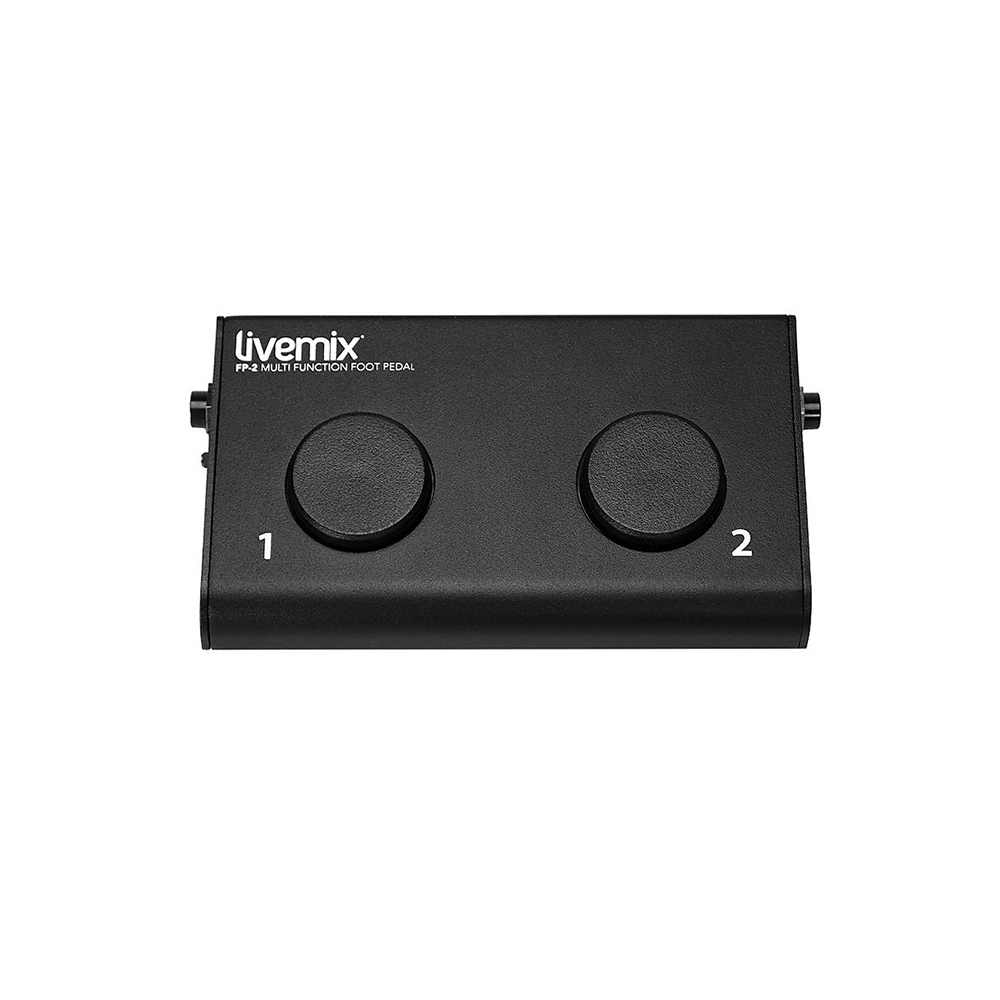Pets are family, and maintaining their vitality takes proactive care. Testing facilities for pets are key components in monitoring wellness for household animals.
Throughout this resource, we’ll explore how diagnostic testing supports pet health and review key diagnostic services.
Understanding Pet Diagnostic Centers
Pet testing services support veterinary care for evaluating pet health. They help veterinarians to make accurate diagnoses.

Their process usually includes:
- Collecting pet health data: Health markers are collected at clinics.
- Sample examination: State-of-the-art processes evaluate the samples.
- Diagnostic reports: Data supports treatments for targeted interventions.
Common Veterinary Tests for Dogs and Cats
Diagnostic exams are tailored to pet needs to prevent serious conditions. Key lab services include:
- Blood tests: Identify infections.
- Urine testing: Check for diabetes.
- Stool testing: Spot signs of infections.
- Dermatological diagnostics: Improve coat health.
- Radiographic evaluations: Evaluate bone and joint health.
Why Diagnostic Exams Are Essential
Consistent lab work improves pet care. With advanced testing capabilities, you save on emergency costs.

The value of testing include:
- Proactive care: Chronic issues are managed.
- Avoiding costly emergencies: Ongoing health is monitored affordably.
- Trust in their well-being: Regular tests keep you informed.
laboratório de análises clínicas veterinária
Why Testing Matters for Dogs and Cats
Animal diagnostic centers ensure pets get the best care possible. By making testing part of their care, you support their quality of life.
Talk to your vet about testing today and give your furry friends the best care possible!